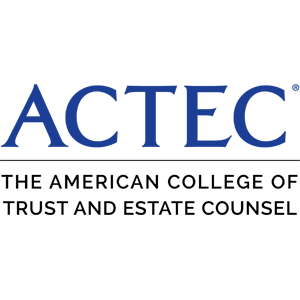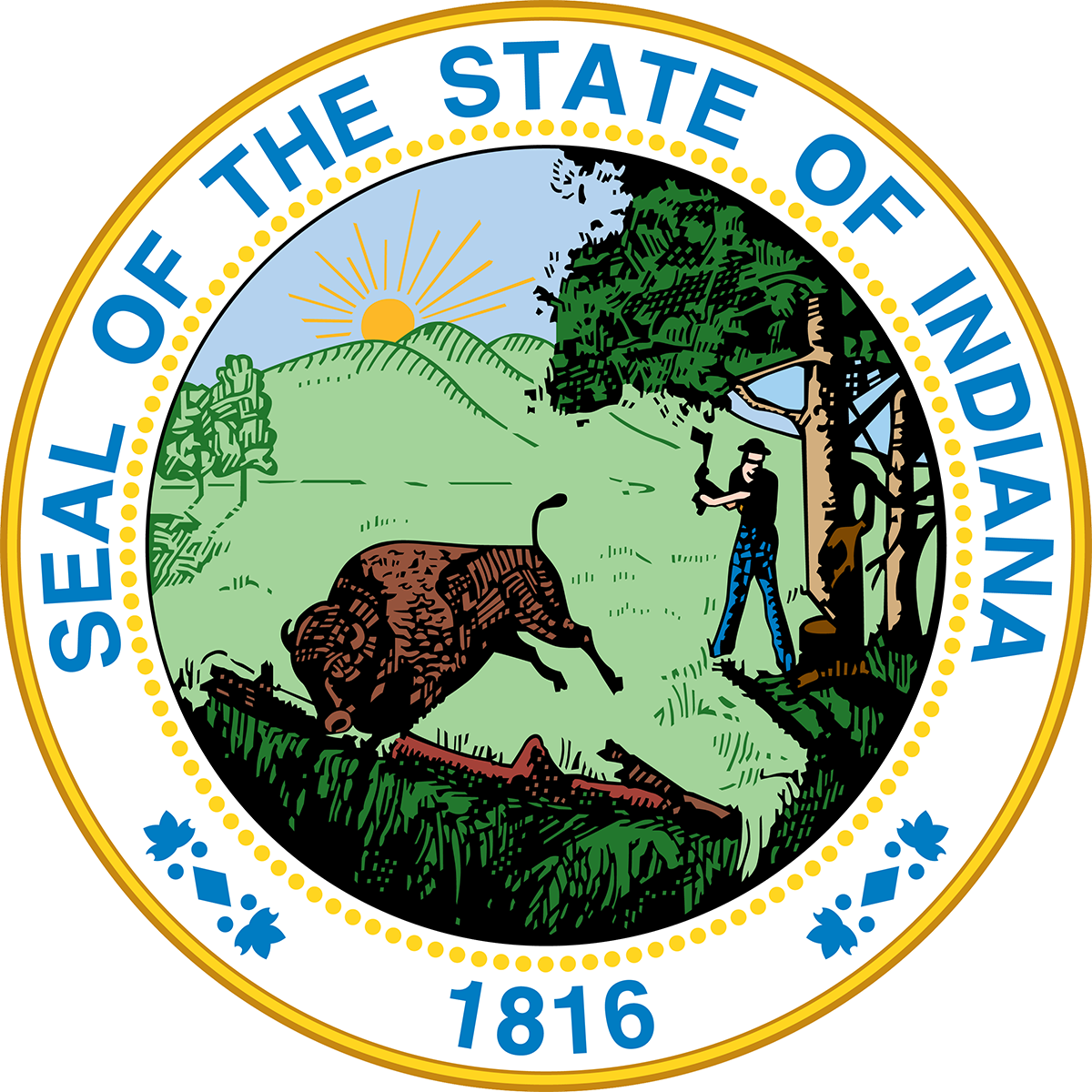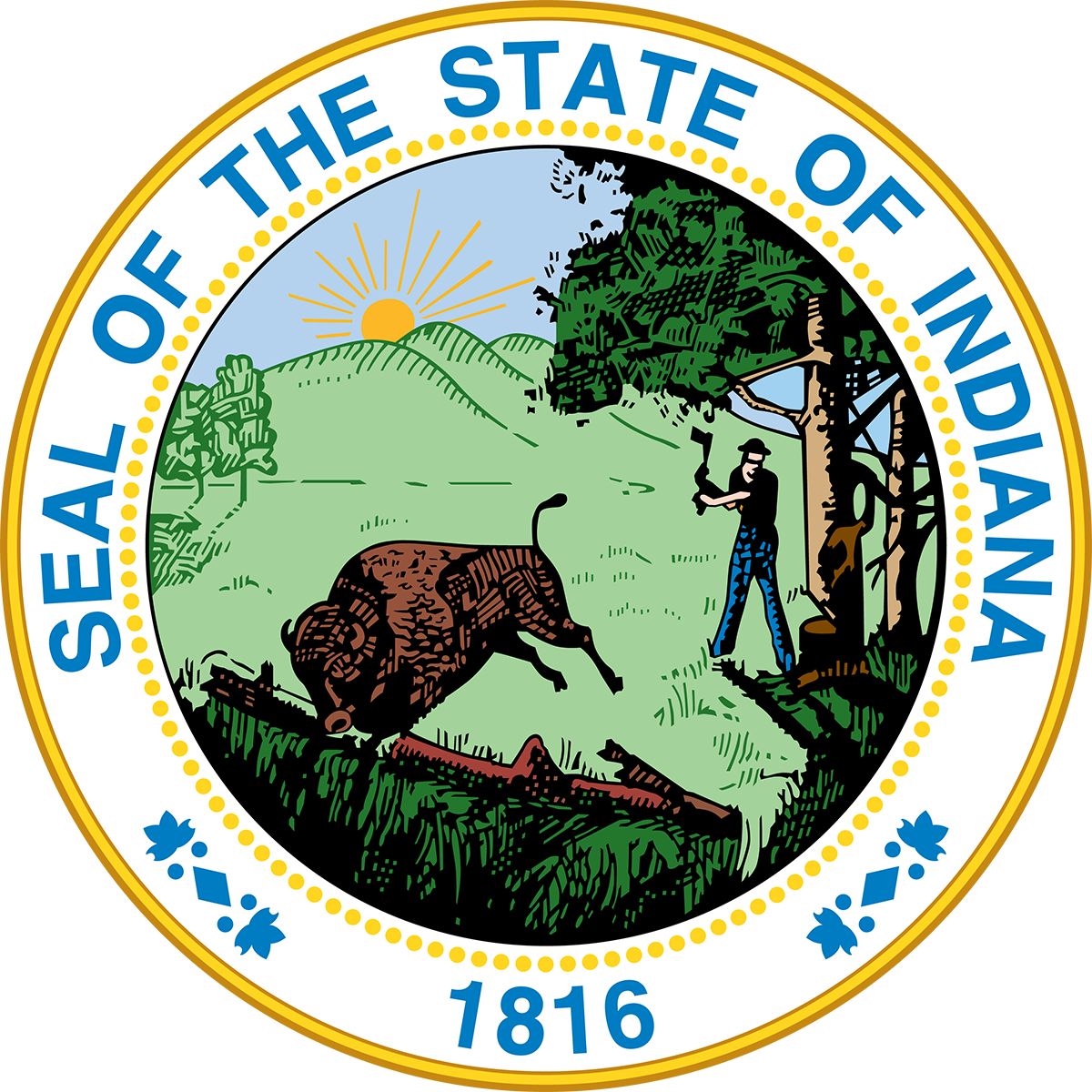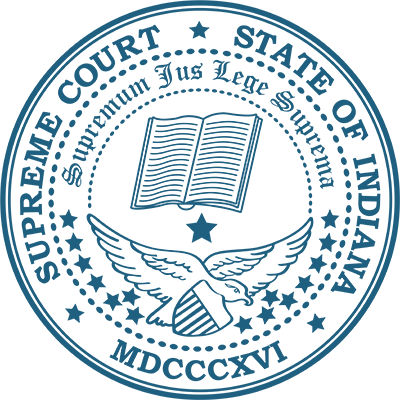Indiana Attorney General - The Indiana Attorney General, elected by the people, serves as the chief legal officer for the state. The Attorney General's office is responsible for providing legal counsel to state agencies and officials, representing Indiana in legal matters, both civil and criminal. The office plays a crucial role in prosecuting and defending legal actions on behalf of the state, issuing legal opinions, and overseeing the enforcement of laws. Additionally, the Attorney General addresses various legal issues, including consumer protection, public safety, and environmental concerns.
















